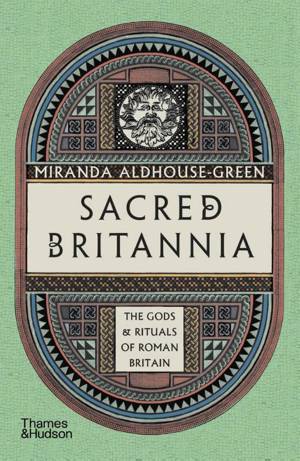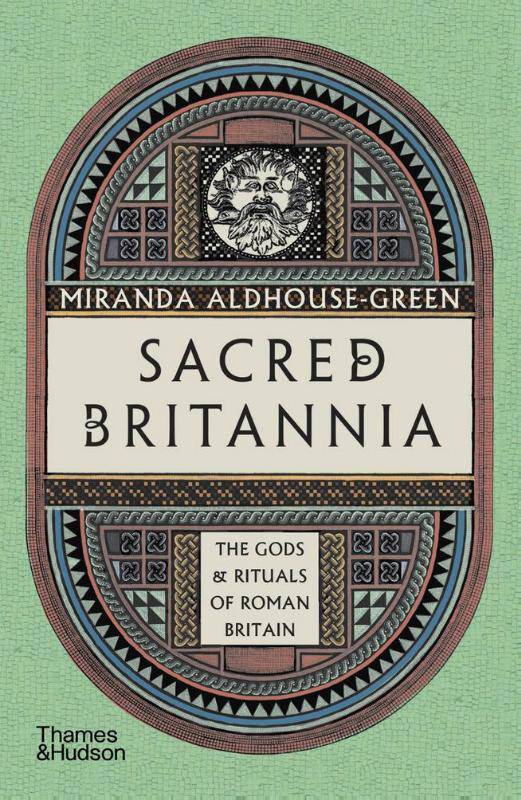
Je cadeautjes zeker op tijd in huis hebben voor de feestdagen? Kom langs in onze winkels en vind het perfecte geschenk!
- Afhalen na 1 uur in een winkel met voorraad
- Gratis thuislevering in België vanaf € 30
- Ruim aanbod met 7 miljoen producten
Je cadeautjes zeker op tijd in huis hebben voor de feestdagen? Kom langs in onze winkels en vind het perfecte geschenk!
- Afhalen na 1 uur in een winkel met voorraad
- Gratis thuislevering in België vanaf € 30
- Ruim aanbod met 7 miljoen producten
Zoeken
€ 20,95
+ 41 punten
Uitvoering
Omschrijving
Two thousand years ago, the Romans sought to absorb into their Empire what they regarded as a remote, almost mythical island on the very edge of the known world – Britain. The expeditions of Julius Caesar and the Claudian invasion of AD 43, and the continuing Roman presence up to the 5th century AD, brought fundamental and lasting changes to the island. Not least among these was the introduction of a new pantheon of Classical deities and religious systems, along with a clutch of exotic Eastern cults including Christianity. But what of Britannia and her own home-grown deities? What cults and cosmologies did the Romans encounter, and how did they react to them? Under Roman rule, the old gods and their adherents were challenged, adopted, adapted, absorbed and reconfigured.
In Britain no inscriptions predate the Roman period, apart from brief coin-legends, and the divine imagery that adorned temples in the Roman world was largely lacking. But with the Romans, religion becomes much more visible. In this fresh and innovative new account Miranda Aldhouse-Green balances literary, archaeological and iconographic evidence (and scrutinizes their shortcomings) to illuminate the complexity of religion and belief in Roman Britain, and the two-way traffic of cultural exchange and interplay between imported and indigenous cults.
Despite the remoteness of this period, on the cusp between prehistory and history, many of the forces, tensions, ideologies and issues of identity at work are still relevant today, as Sacred Britannia skilfully reveals.
In Britain no inscriptions predate the Roman period, apart from brief coin-legends, and the divine imagery that adorned temples in the Roman world was largely lacking. But with the Romans, religion becomes much more visible. In this fresh and innovative new account Miranda Aldhouse-Green balances literary, archaeological and iconographic evidence (and scrutinizes their shortcomings) to illuminate the complexity of religion and belief in Roman Britain, and the two-way traffic of cultural exchange and interplay between imported and indigenous cults.
Despite the remoteness of this period, on the cusp between prehistory and history, many of the forces, tensions, ideologies and issues of identity at work are still relevant today, as Sacred Britannia skilfully reveals.
Specificaties
Betrokkenen
- Auteur(s):
- Uitgeverij:
Inhoud
- Aantal bladzijden:
- 256
- Taal:
- Engels
Eigenschappen
- Productcode (EAN):
- 9780500297261
- Verschijningsdatum:
- 6/07/2023
- Uitvoering:
- Paperback
- Afmetingen:
- 131 mm x 199 mm
- Gewicht:
- 268 g

Alleen bij Standaard Boekhandel
+ 41 punten op je klantenkaart van Standaard Boekhandel
Beoordelingen
We publiceren alleen reviews die voldoen aan de voorwaarden voor reviews. Bekijk onze voorwaarden voor reviews.









